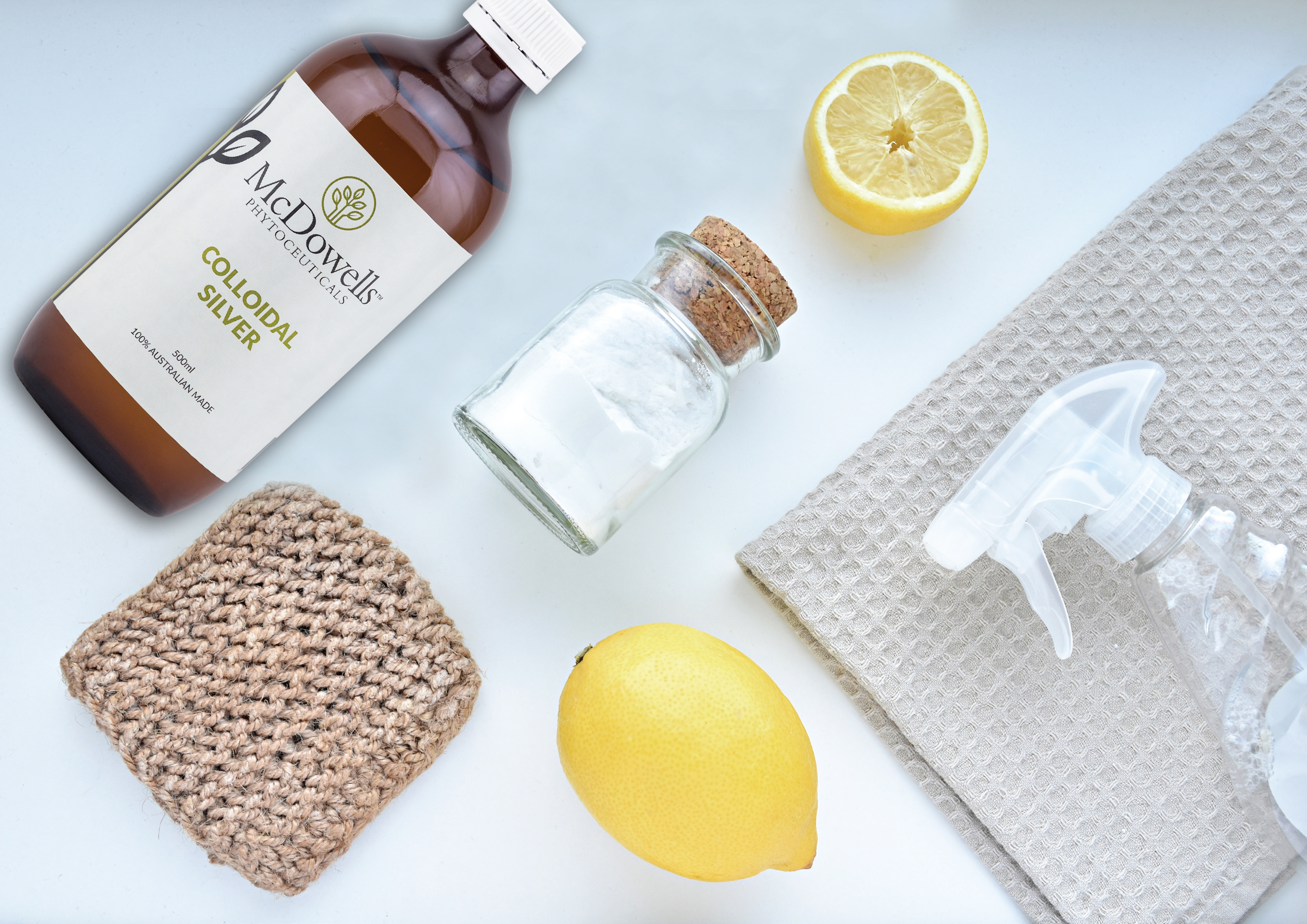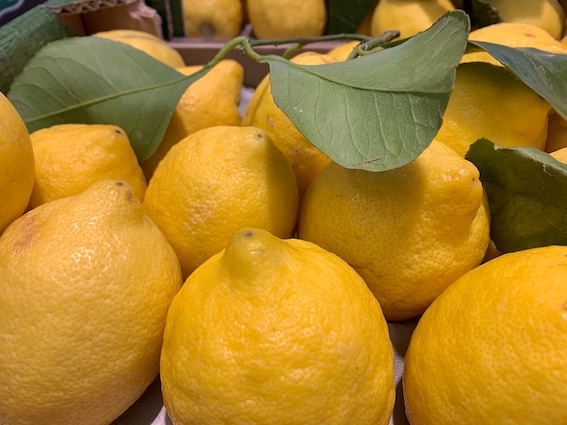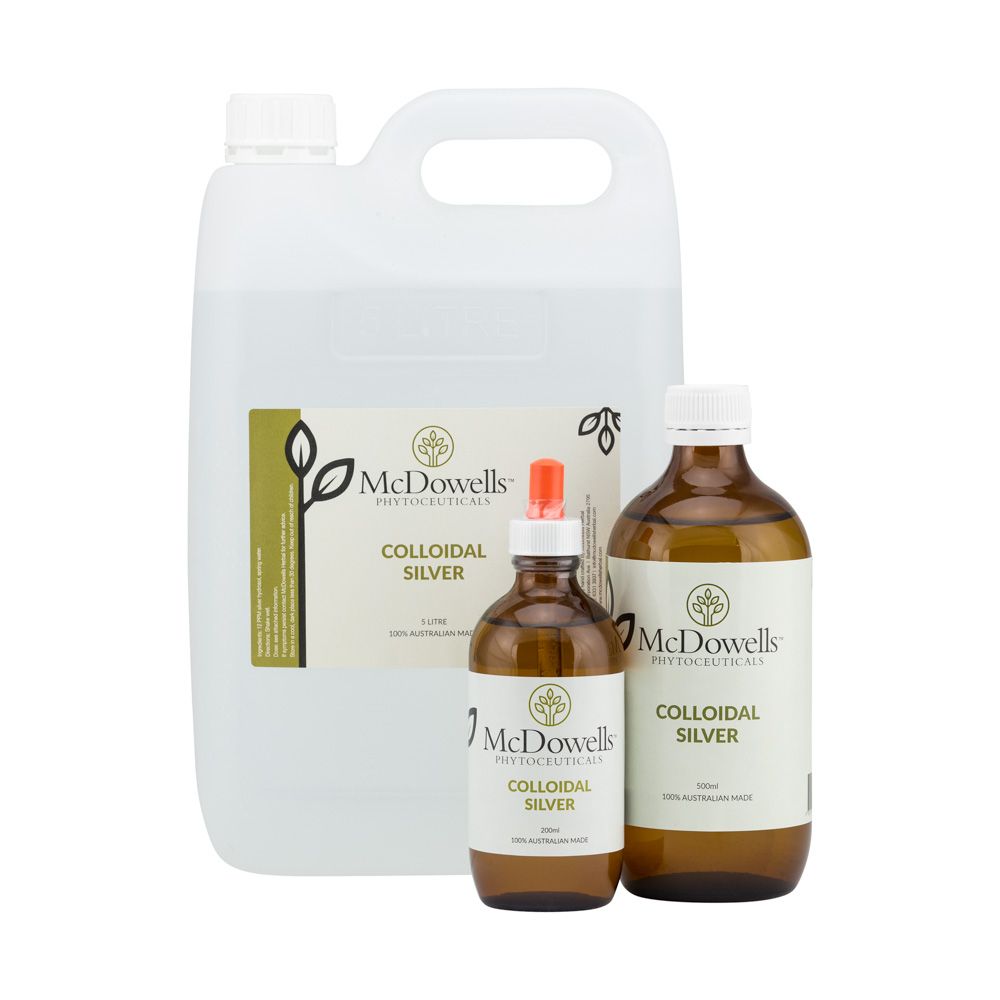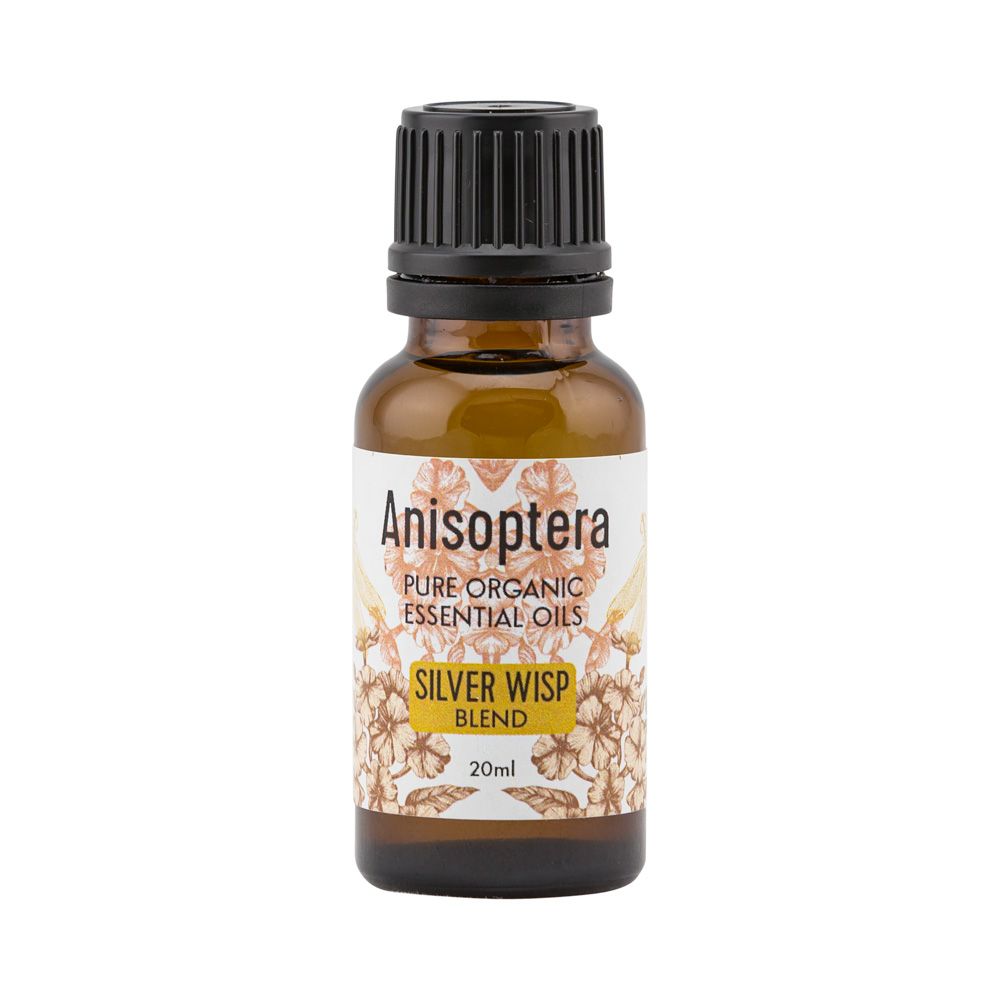Numerous studies suggest that artificial fragrances and chemicals can have a detrimental effect on the physical health of your family, and especially your animal companions, who can be more sensitive than we are...

A basic natural cleaning toolkit includes the following things;
White distilled vinegar
White vinegar contains acetic acid, which is the organic compound that gives vinegar its sour taste and pungent smell. The acid in vinegar is so strong it can dissolve mineral deposit, dirt, grease, and fats. It’s also strong enough to kill bacteria and around 80% of mould species! Bleach only kills mold on the surface whereas vinegar will penetrate porous materials and kill the all mould.
You can clean the following things with vinegar; glass, taps, showers and bathtubs, toilets, floors and inside the dishwasher or fridge.
Baking soda
Baking soda is an age-old cleaning tool that is an odor-absorber and a mild abrasive. It can that can clean tough residue and gunk without damaging the surface. It's cheap, non toxic, odour-free, available in almost every supermarket and can tackle many cleaning jobs. What a winner!
Use baking soda to; de-grease your oven door, clean your sink drains, remove tea stains from mugs, freshen up smelly sponges, keep your fridge fresh.
Citrus fruit
Lemons are great - they can be used to clean soap scum and water stains. It’s also good at cleaning brass and copper. Lemon can be mixed with baking soda to make a paste to clean dishes and scrub surfaces. Olive oil mixed with lemon juice makes a good polish for hardwood furniture. Use lemon on a small area first to make sure that its acidity doesn’t cause any unwanted bleaching.
Tea tree oil
Tea tree is well known known for its antiseptic properties and ability to treat many types of ailments. It is know being documented in numerous medical studies to kill many strains of bacteria, viruses and fungi. Tea tree oil is one of Australia’s most studied essential oils! Tea tree oil studies are showing that it counters methicillin-resistant Staphylococcus aureus (MRSA), also called a 'hospital super-bug' or 'golden staph'. Use tea tree oil for it's antiseptic properties to get a really deep clean by mixing in and diluting in your recipes.
Use tea tree; as an air purifier in an oil diffuser, a general deodorizer, a laundry booster (for items that need anitbacterial clean such as cloth nappies or sheets and towels), a disinfectant spray,
Colloidal silver
Colloidal silver was used and proven to be effective against hundreds of disease-causing bacterium by the 1940s. Its action as a broad spectrum antibiotic has never been matched by the modern pharmaceuticals in that it produces no drug resistance whatsoever. Colloidal silver is completely safe to take, has no side effects and is cheap and simple to produce.
Use colloidal silver to disinfect areas like rubbish bins, compost containers or nappy buckets, sanitize sponges, toilet brushes and dish scrubbers, sanitise kitchen cutting boards, spraying children's toys.
Elbow grease
Let's not forget to mention good, old elbow grease! Using harsh chemicals can be easier and quicker but at what cost to you, your family and the environment? Sometimes just using a scrubbing brush, microfibre cloths, a sponge or scourer and a little extra time can get things sparking clean.
You may also want to add to your kit;
- Hydrogen peroxide
- Rubbing alcohol
- Cornstarch
- Castile soap
- Microfibre cloths or old fabric scraps
- Scrubbing brush, grout brush or a steam cleaner
Homemade all-purpose cleaning recipes
All purpose spray cleaner
In a spray bottle, combine
- 450ml of water
- 1 teaspoon baking soda
- 1/4 teaspoon liquid dish soap
- 3-5 drops of essential oils (optional)
Swirl together. To use: Spray lightly on household surfaces then use a damp microfiber cloth to wipe.
Pet-safe floor cleaner
Mix together in a bucket;
- 1 litre of water
- 6oz of white vinegar
- 3oz of rubbing alcohol
Bathroom Scrub
Make your own bathroom scrub by combining;
- 10 to 15 drops of tea tree oil
- Water
- White vinegar
- Baking soda
- Castile soap
'Clean and clear' stainless steel sink cleaner
Combine in the sink;
- Baking soda
- Lemon (can you half a lemon with the juice squeezed out)
Sprinkle baking soda on half of a lemon (or make a paste of lemon juice and baking soda) and use it to scrub the sink basin. Go with the grain to avoid scratching the surface.

McDowells Organic Essential Oils for cleaning
Cedarwood Atlas, Peppermint, Lemon, Eucalyptus.
RELATED ARTICLE: MAKE YOUR OWN HAND AND BODY SANITISER



